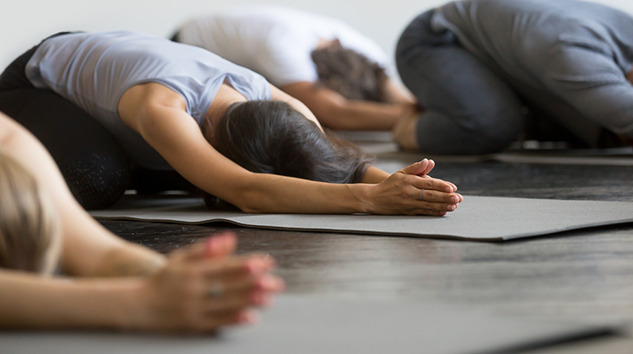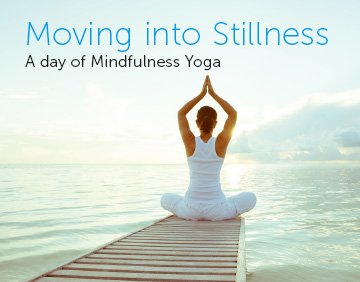Yoga is a broad church with a long and rich history, and, like much of Indian thinking, it seamlessly weaves together both religious and philosophical thought. This can be perplexing for the Western mind, which tends to separate out theology from philosophy. According to Pete Blackaby, at its heart, yoga is a soteriology, offering liberation from suffering. To be clear, this does not mean the avoidance of suffering. It means fully engaging in all aspects of life and meeting whatever life brings with attention and curiosity, however difficult the subject – because there is no doubt that a life well lived will bring many challenges. My interest as a man brought up in a Western culture is how to practice and teach yoga in a way that stays true to its aims of reducing suffering but is also situated in the here and now, in the world I inhabit and the evidence of modern science.
Yoga has its intention rooted in the notion that we want to reduce suffering, both in ourselves and in the world we inhabit. The tools we have are those that evolved under evolutionary pressure: a sensory nervous system that informs us about the outside world, our inside world and the tissues of our body; and a brain and body that perceive these sensations and give them meaning, on which we act. How we act gives rise to feelings and emotions that feel good or not so good, and it is the feelings that guide our trajectory through life. If only it were so simple … The problem is that perception can be and often is distorted by culture and individual history. We form habits, biases and beliefs on our journey through life.
Mindfulness Yoga is explicitly about our ability to notice how and what we feel, reflect on that perception and then act in a way that reduces harm to you and those around you. It is in this way we reduce suffering. I would like to differentiate this from intention in exercise and performance. Both exercise and performance are often considered aspects of yoga but in my view their starting points – their different intentions – make them something different from Mindfulness Yoga .
Mindfulness Yoga can help us both psychologically or emotionally. We can become practiced at noticing changes in our feeling state, we can get better at more finely granulating the sensations we perceive and therefore respond in a more nuanced way. We can get better at noticing when we cross the line between feeling well and unwell and what happened to initiate that change, we learn to adapt our responses to sensation and perception so the outcomes are more productive and less harmful. It is a skill that when practiced well has the power to change the course of your life from a situation where the habits of the past push you into a predictable future to one where we respond more appropriately to the situations that arise in life and over time we reduce the friction that may have existed and find more ease in ourselves and the world we inhabit.
Aston Colley
Director
Oxford Mindfulness Now
Mindfulness Yoga CPD Workshop – online- Dec 9th
Email: aston@mindfulnessnowoxford.org.uk for details












